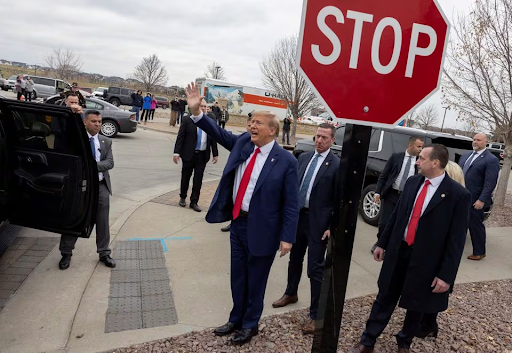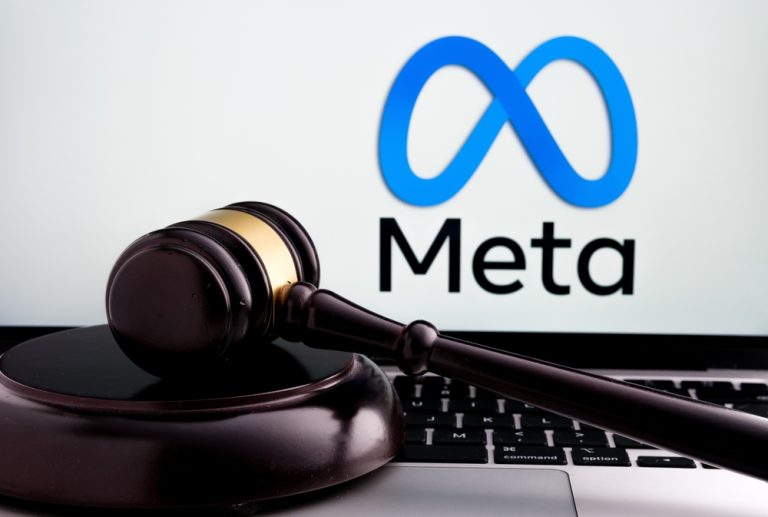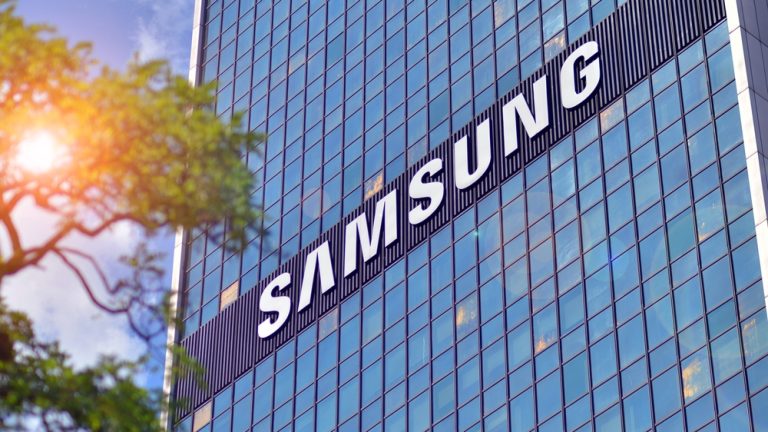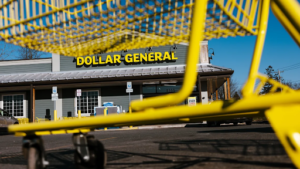Former U.S. President Donald Trump is strategically leveraging an immunity appeal to delay his 2020 election trial potentially. This maneuver, seen as his best chance to avoid the courtroom, hinges on an appeal that could reach the Supreme Court. As Trump prepares for a potential 2024 Republican nomination run, this legal play could significantly impact the upcoming election dynamics.
Trump’s approach involves challenging a ruling by U.S. District Judge Tanya Chutkan, overseeing his Washington, D.C., trial on federal election subversion charges. Trump’s legal team asserts his immunity from prosecution, arguing that his actions are protected due to their connection to his official presidential duties. However, this claim was dismissed by Judge Chutkan, emphasizing the dangerous precedent it would set, granting former presidents a “lifelong ‘get-out-of-jail-free’ pass.”
Legal experts, including Erica Hashimoto, a professor at Georgetown Law, acknowledge the potential for significant delays. Trump’s tactics are considered a calculated effort to prolong the legal proceedings, buying time for his political campaign against Democratic President Joe Biden. “If what former President Trump wants is a delay, he can get delay this way,” Hashimoto stated.
However, special Counsel Jack Smith’s office has accused Trump of consistently trying to “delay and disrupt” the trial. The prosecution is pushing for an expedited review by the U.S. Court of Appeals for the District of Columbia Circuit.
The stakes are high, with Trump facing charges of defrauding the United States and obstructing Congress related to his attempts to overturn the 2020 election results. His indictment in August and subsequent plea of not guilty have only heightened the political drama surrounding these proceedings.
Legal experts speculate on the timeframe of the appeal process. A fast-track decision by the D.C. Circuit Court could maintain the current trial schedule, but a delay, significantly if the Supreme Court gets involved, could push the trial far beyond its expected March date.
This situation is further complicated by the fact that three of the Supreme Court’s justices, who form part of the 6-3 conservative majority, were appointed by Trump. Their involvement could introduce additional complexity and potential bias in the legal proceedings.
The upcoming decisions by the courts will be pivotal in determining the trajectory of Trump’s legal battles and their intersection with the political landscape. With multiple criminal prosecutions underway, the implications of any delay in the federal election case are profound, potentially reshaping the contours of the 2024 presidential election. Trump’s legal strategy, while focused on self-preservation, may inadvertently set new precedents for presidential accountability and the rule of law in the United States.























+ There are no comments
Add yours